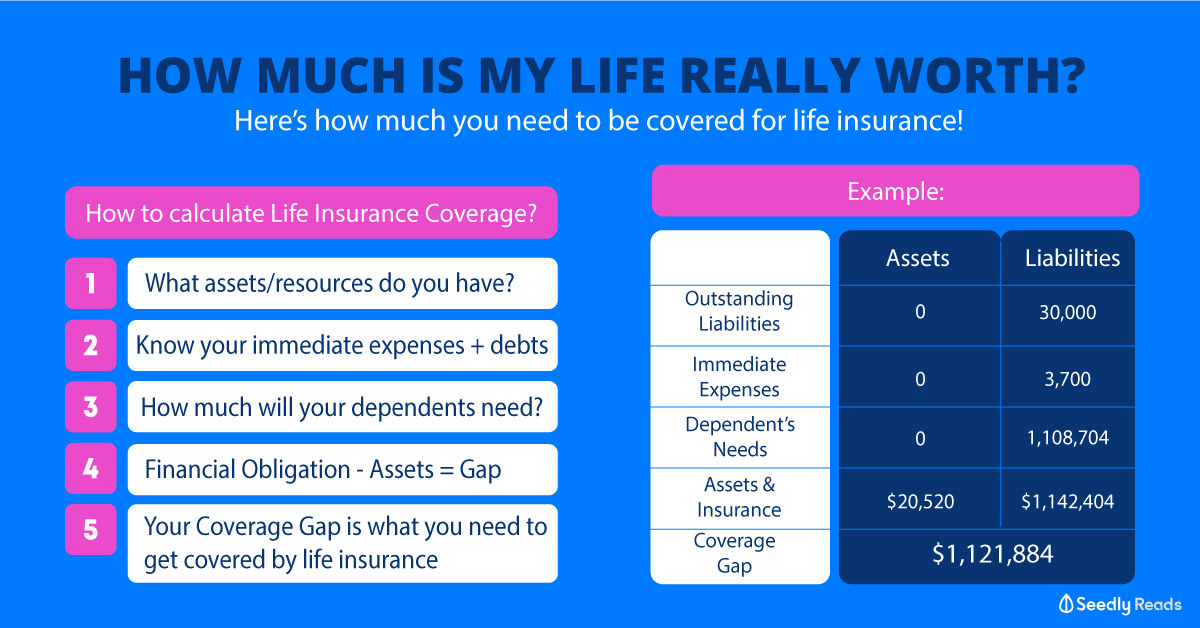Advertisement
Anonymous
Is term life or whole life better? Should I buy term life and invest the rest? I heard term life is cheaper but need to keep paying, whereas whole life just pay for x number of years and get covered eternally?
Wondering if term life or whole life insurance is a better choice?
2
Discussion (2)
Learn how to style your text
Nigel Tan
16 Nov 2020
Executive Senior Financial Planner at Great Eastern Life
Reply
Save
Pang Zhe Liang
16 Nov 2020
Lead of Research & Solutions at Havend Pte Ltd
It depends on your needs and how you intend to plan for your future. Above all, there isn't a one-size-fits-all template for everyone. For this purpose, you may check out a general comparison between the two types of insurance policies: Term vs Whole Life Insurance Singapore
Thereupon, you may wish to speak to your agent to conduct a comprehensive portfolio analysis. This is with the intention to understand you and help you find a solution that fits into your needs.
As to the payment period, a whole life insurance policy bring forth the premium payable in the latter years forward. Thus, this is one reason why it costs more than a term insurance policy. On the other hand, a term insurance policy is usually 'pay-per-cover'. Hence, you need to pay the premium in order to enjoy the coverage.
Finally, as to which policy is cheaper, you should look beyond the surface premium comparison. For one thing, there is usually a cash value for a whole life insurance policy whereas the cash value for a term insurance policy is always zero.
I share quality content on estate planning and financial planning here.
Reply
Save
Write your thoughts
Related Articles
Related Posts
Related Posts
Advertisement







Term Life is cheaper on a year to year comparison with a whole life policy but may not be so depending on how long the term goes for.
Eg. The total premiums on a term to 100 years old policy may be more expensive than a 20 year payment whole life policy.
There are other considerations as well:
Do you want to keep paying even after you retire? On top of your hospitalisation insurance that increases in premiums as you age. This would be an expense on your retirment years too.
Are you comfortable terminating your policy with the possibility of not receiving anything at the end of it?
Can your investments beat the returns in a participating policy consistently?
Buying term and investing the rest is a great strategy but not for everyone. There isnt' really a "better" choice in this case.